The Ballon d’Or is considered to be one of the most prestigious prizes in football, with some iconic names having won the award multiple times down the years, but the criteria for claiming that particular trophy is being tweaked by France Football for the current year and beyond.
Argentine superstar Lionel Messi was the last man to land the award, with the Barcelona legend, now at Paris Saint-Germain, being recognised in 2021 as the best player on the planet for the seventh time in his illustrious career.
Eternal rival Cristiano Ronaldo has taken top honours on five occasions in the past, while Johan Cruyff, Michel Platini and Marco van Basten all have three successes to their name. They were all judged on the basis of their efforts across a calendar year, but that is about to change, with a new system based on performance within a single season being implemented.
What changes are being made to the Ballon d’Or?
France Football, which has been handing out the award since 1956 and introduced the Ballon d’Or Feminin in 2018, has revealed that four key changes will be made to the process of identifying the world’s finest talent.
1. A more consistent schedule
“Because the award was originally designed to celebrate the best player of the year, since then no change has taken place at this level. The BdO celebrates the strongest from January to December, which obliges, de facto, to judge and gauge two half-seasons - January-July and August-December (sometimes accompanied by club changes in the off-season) - rather than one season in its entirety and continuity.
“Also, by proceeding with a slight shift in time, with an abandonment of the calendar rhythm and an alignment of the BdO (men and women) on the classic seasonality of football - for the month of August, which coincides with the start of the major championships and the European preliminary rounds, the following July, which corresponds to the lowering of the curtain for all competitions, national and international, selections included - we end up with a clarification of the performances to be counted and evaluated. The next edition will therefore take into account the entire 2021-22 season which will end with the Women's Euro (July 6-31, 2022). The World Cup in Qatar (November 21-December 18, 2022) will, however, be included in the 2023 Ballon d'Or edition.”
2. Even stronger lists
“Because the Ballon d'Or begins as soon as the famous lists of nominees are drawn up (thirty for men, twenty for women and ten for the Yachine and Kopa Trophies), it was decided to reinforce this essential step. In order to present a selection of suitors as fair, indisputable and relevant as possible, we acted to change the process which, until now, mainly involved the writers of France Football. To the lists of FF (and L'Équipe) journalists will now be added BdO ambassador Didier Drogba (for the men's BdO and the Yachine and Kopa Trophies) as well as the voter who has shown himself to be the most insightful in the previous edition.
“Among the men, for the next edition, it will be the Vietnamese Truong Anh Ngoc (The Thao & Van Hoa). Among the women, it will be the Czech juror Karolina Hlavackova (Ruik), to deliver her twenty applicants. From these lists will come the final official lists which will be unveiled in September.”
3. A more demanding voting system
“Because the Ballon d'Or has gone from sixteen European jurors (1956) to one hundred and seventy (2021) spread all over the world, it can boast of an astonishing and indisputable universality. This is what contributes to its influence and reputation. However, is the judgment ten times finer and better with ten times more jurors? Couldn't the gigantic size of the jury end up weakening it? Did the openness to "small" countries (those which have neither a big natural football culture nor historical legitimacy and not always easy access to images of the main competitions) risk from time to time impacting the ballot due to lack of adequate knowledge or expertise?
“As there is no question of abandoning the founding democratic principle (all votes are equal, whatever the country), the idea is therefore to limit the jury to an "elite", to real connoisseurs. Thus, only the representatives of the first hundred countries in the FIFA rankings (and the fifty for women) will be "qualified" to vote. A tightening that reinforces the level of expertise and limits the (rare) fanciful votes. What will be lost in picturesqueness will be gained in legitimacy and reliability.”
4. Clearer rules
“Because the rules have not changed much since their inception and the criteria frequently give rise to debate, we thought it appropriate to refresh the hierarchy of the constituent elements in the vote for greater consistency and clarity. And avoid any ambiguities. The Ballon d'Or is an individual award. Also, logically, criterion number 1 will focus primarily on individual performance and the decisive and impressive character of the contenders.
“Since football remains a collective sport despite everything, criterion number 2 will focus on collective performance and the record accumulated during the season. Finally, criterion number 3 will concern the class of the player and his sense of fair play. Because setting an example also counts. The most attentive will have noticed the disappearance of the "player's career" criterion. A way of considering the race for the Ballon d'Or as an open competition, and not as a preserve.”
Who else has won the Ballon d’Or?
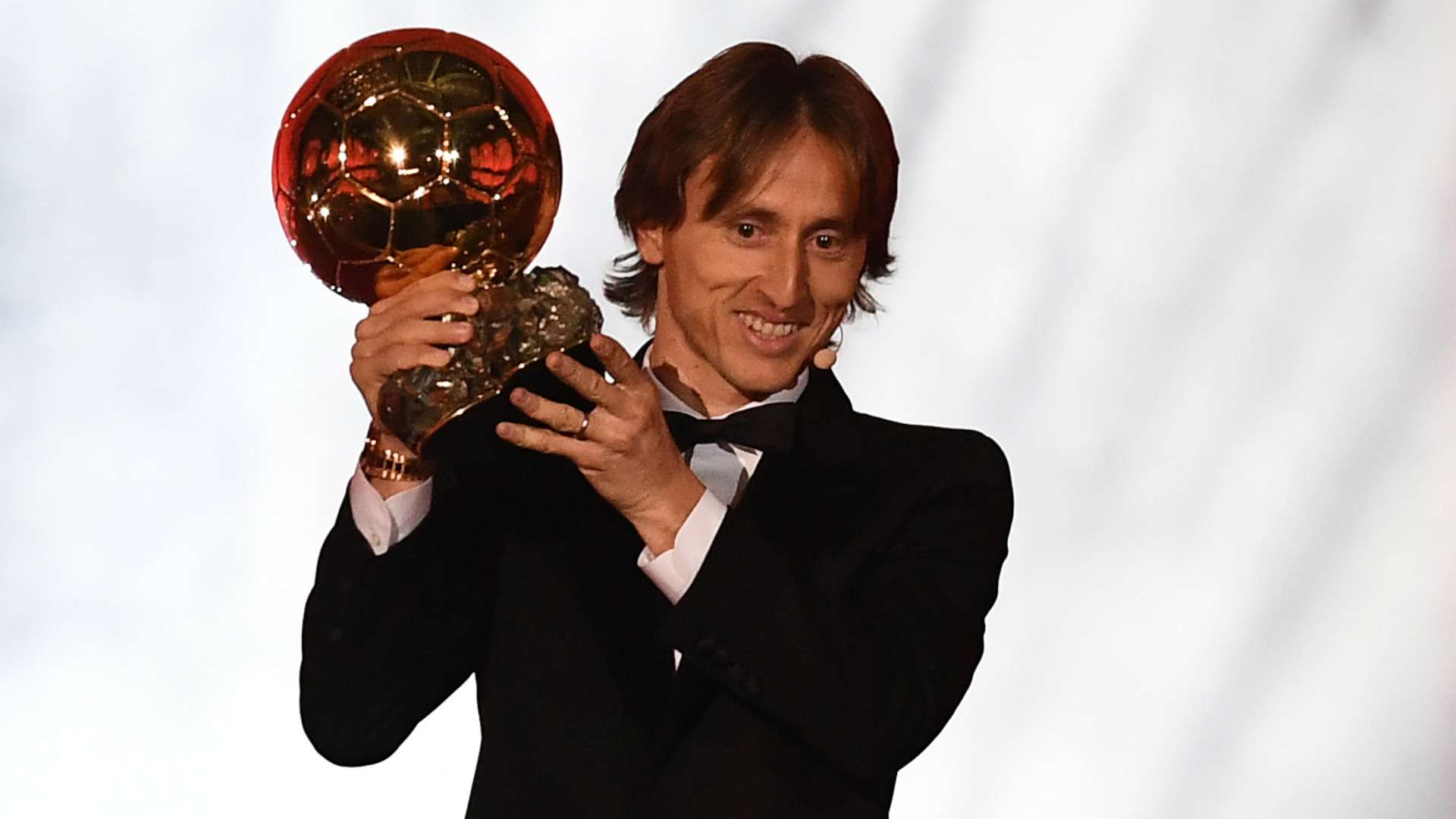 Getty Images
Getty ImagesAlongside the elite group of players with three or more triumphs to their name, Alfredo Di Stefano, Franz Beckenbauer, Kevin Keegan, Karl-Heinz Rummenigge and Ronaldo all have two wins apiece.
Stanley Matthews was the first recipient back in 1956, while Raymond Kopa, Luis Suarez, Omar Sivori, Josef Masopust, Denis Law and Eusebio claimed the prize through the first 10 years of its existence.
Legendary goalkeeper Lev Yashin took top spot in 1963 and remains the only shot-stopper to claim a Golden Ball, while Bobby Charlton’s exploits with World Cup winners England in 1966 landed him the prize that year.
Since then the likes of George Best, Gianni Rivera, Gerd Muller, Oleg Blokhin, Allan Simonsen, Paolo Rossi, Igor Belanov, Ruud Gullit, Lothar Matthaus, Jean-Pierre Papin, Roberto Baggio, Hristo Stoichkov, George Weah, Matthias Sammer, Zinedine Zidane, Rivaldo, Luis Figo, Michael Owen, Pavel Nedved, Andriy Shevchenko, Fabio Cannavaro, Kaka and Luka Modric have added their names to a notable roll of honour.
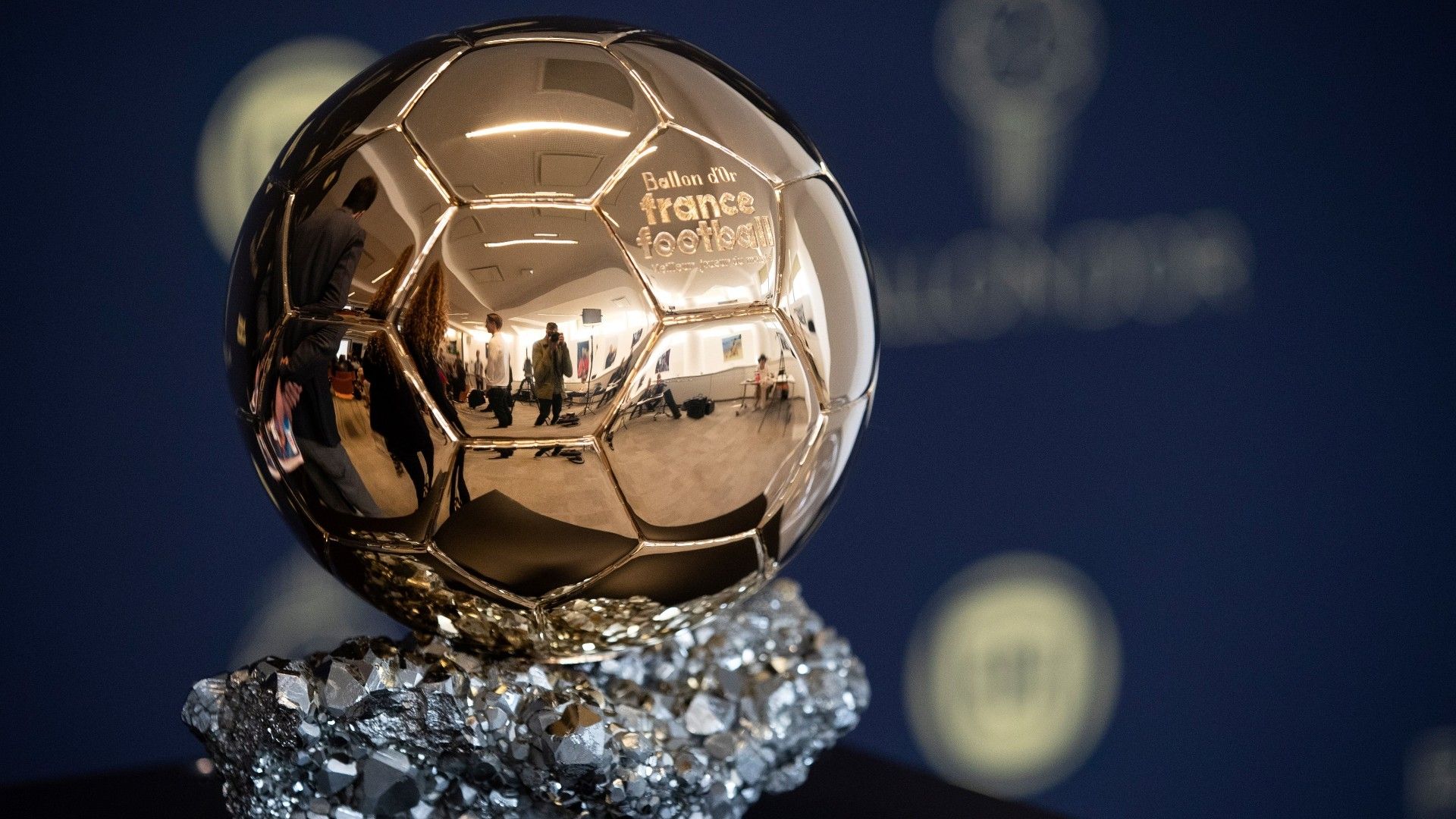.jpg?auto=webp&format=pjpg&width=3840&quality=60)
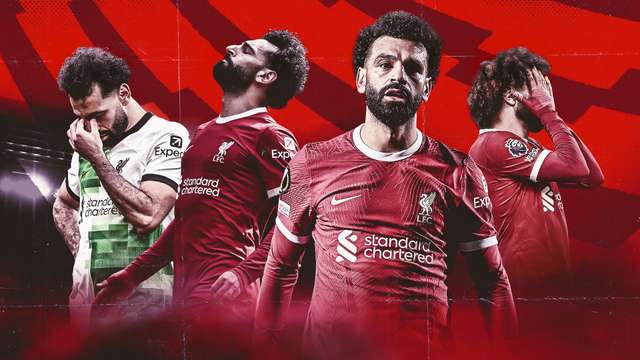
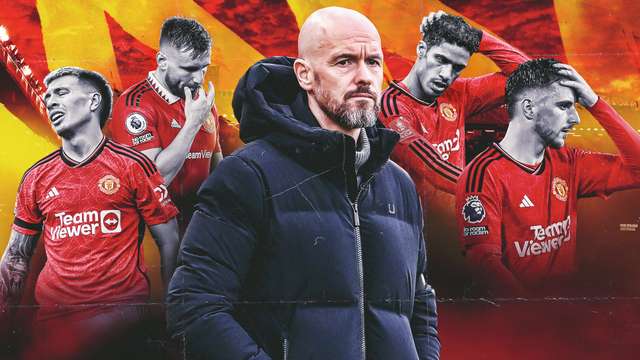
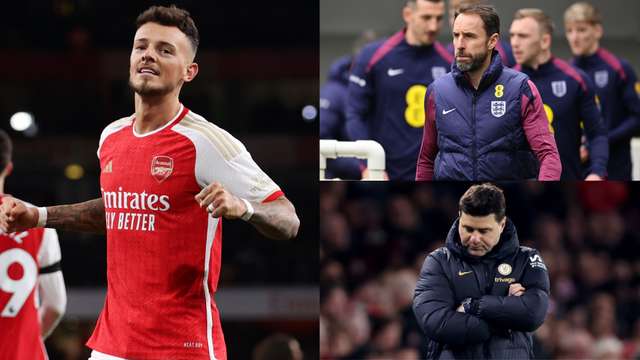
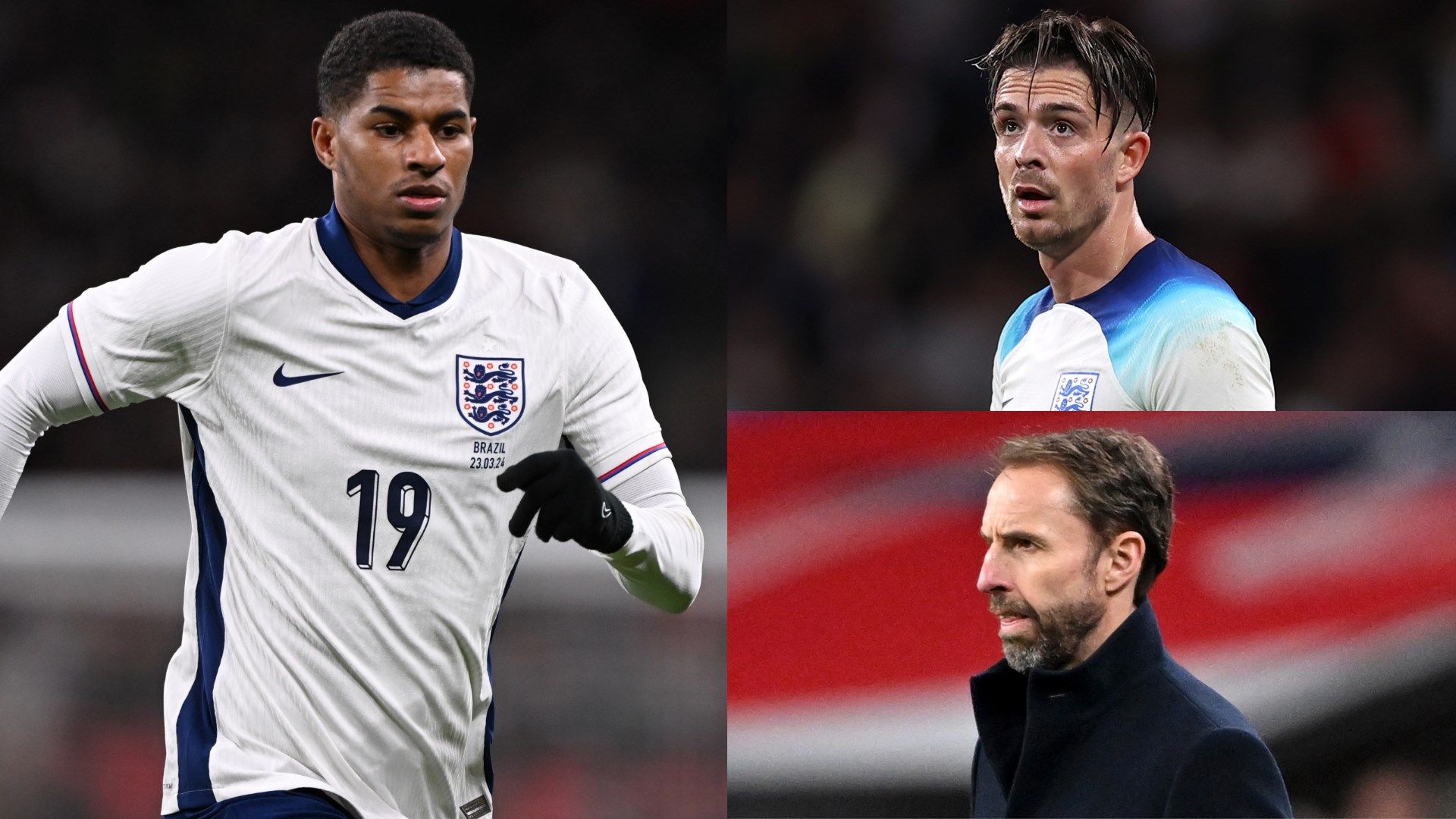.jpg?auto=webp&format=pjpg&width=640&quality=60)